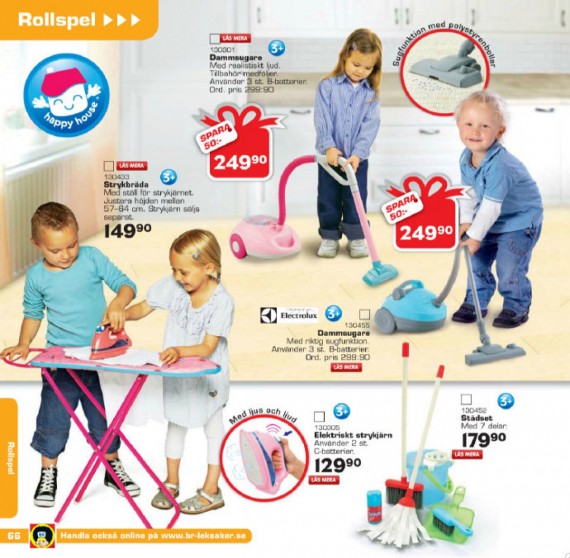Building Better Children
In an attempt to actively address gender inequality, Sweden has incorporated gender-neutral socialization into public education, stocking schools with gender-neutral toys. Swedish children also see other children modeling cross-gender play—advertisements regularly show girls playing with Legos and boys playing with baby dolls.

Sociologists have observed that school-age children often act as gender police, regulating how girls and boys should behave. Since children’s brains are most malleable in the first five years of life, initiating gender-neutral socialization when boys and girls are most open to such ideas may contribute to greater gender equality in society. But how to do so?
In a 2012 article in Sex Roles, sociologist Priscilla Goble and her colleagues show that interactions with peers, parents, and others influence what children play with and how they play. And according to Emily Kane, writing in Gender & Society in 2006, girls in the United States gender-cross or play with gender-neutral toys more than boys because parents and other adults discourage boys from engaging in feminine activities.
Perhaps Sweden is onto something: today’s gender-neutral children could be tomorrow’s egalitarian adults.
